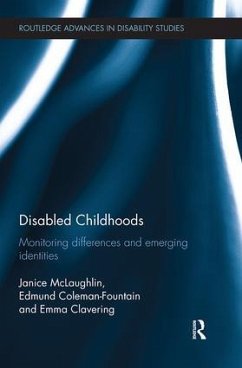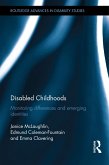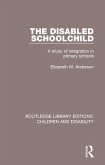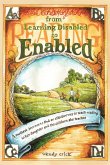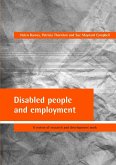A crucial contemporary dynamic around children and young people in the Global North is the multiple ways that have emerged to monitor their development, behaviour and character. In particular disabled children or children with unusual developmental patterns can find themselves surrounded by multiple practices through which they are examined. This rich book draws on a wide range of qualitative research to look at how disabled children have been cared for, treated and categorised. Narrative and longitudinal interviews with children and their families, along with stories and images they have produced and notes from observations of different spaces in their lives - medical consultation rooms, cafes and leisure centres, homes, classrooms and playgrounds amongst others - all make a contribution. Bringing this wealth of empirical data together with conceptual ideas from disability studies, sociology of the body, childhood studies, symbolic interactionism and feminist critical theory, the authors explore the multiple ways in which monitoring occurs within childhood disability and its social effects. Their discussion includes examining the dynamics of differentiation via medicine, social interaction, and embodiment and the multiple actors - including children and young people themselves - involved. The book also investigates the practices that differentiate children into different categories and what this means for notions of normality, integration, belonging and citizenship. Scrutinising the multiple forms of monitoring around disabled children and the consequences they generate for how we think about childhood and what is 'normal', this volume sits at the intersection of disability studies and childhood studies.
Hinweis: Dieser Artikel kann nur an eine deutsche Lieferadresse ausgeliefert werden.
Hinweis: Dieser Artikel kann nur an eine deutsche Lieferadresse ausgeliefert werden.

